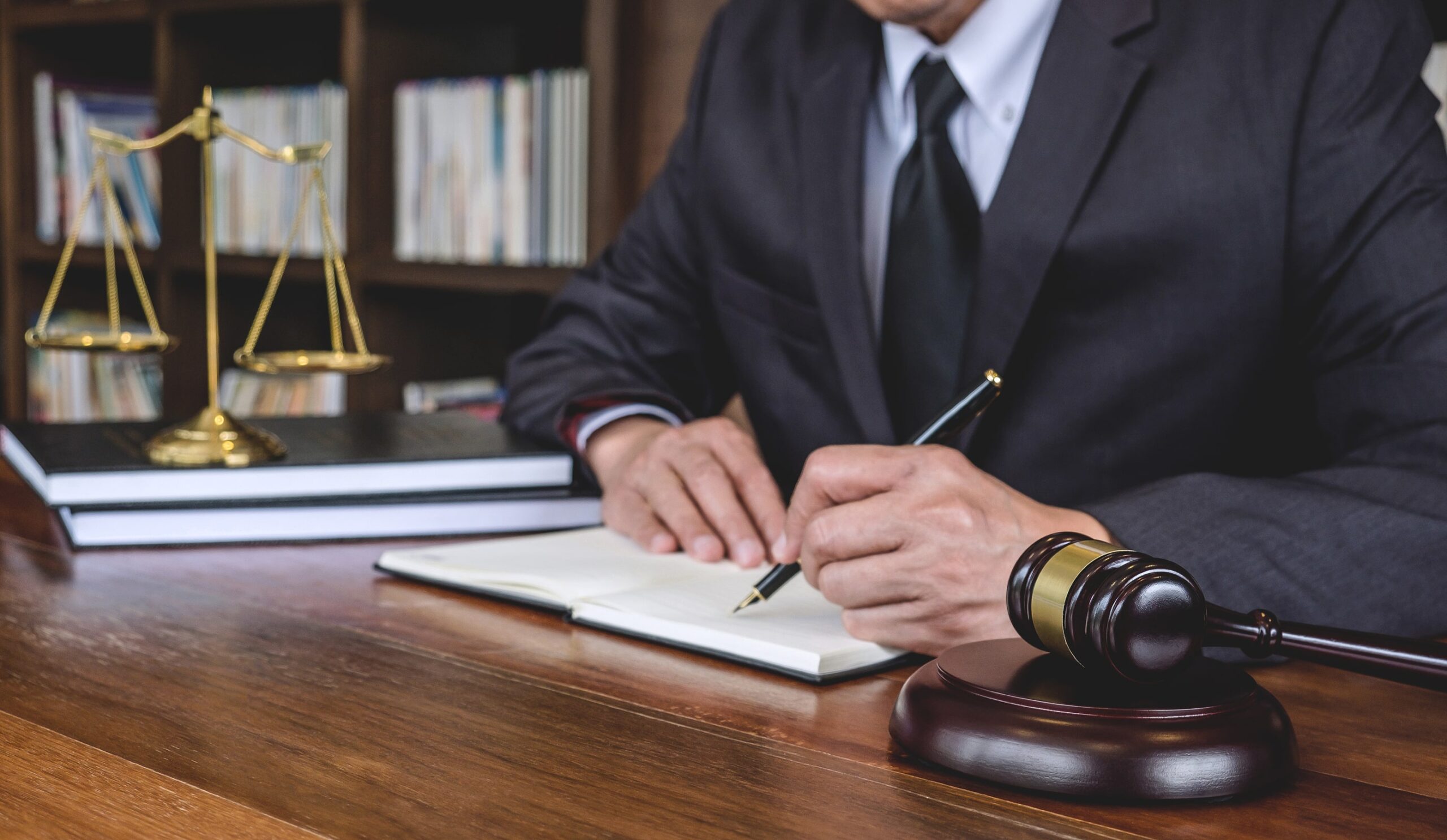Train Crashes
Rail travel has been billed as a safer and more efficient way to get where you are going. Unfortunately, there have been many large-scale train crashes in recent years. In most cases, the train operator was to blame for what happened. However, there may be other parties responsible for a train crash. If you have been hurt in a train crash, you need an experienced attorney to investigate what happened and negotiate a settlement. The train crash attorneys at Howard Stallings are standing by and ready to speak with you today.

Common Causes of Train Accidents
Train crashes may involve complex facts and circumstances. You may not know immediately the exact cause of the crash. However, your lawyer and the federal government would perform a complete investigation to learn the cause.
Common causes of train crashes include:

The conductor is immensely responsible for the safety of the passengers on board the train. The conductor may make errors such as speeding, running stop signals, or ending up on the wrong track. Conductor error is the leading cause of train crashes in the United States.

There may be a number of issues with the track that caused the train to derail. For example, the train may have run over debris, or the signals to guide the conductor were not functioning properly.

The train may have problems with its brakes, running gear, axle box or wheels that could cause it to derail or collide with another train

The train can leave the tracks when the operator is speeding or when there is a malfunction. When a train derails, passenger injuries can be quite significant.

Defendants in Train Crash Lawsuits
It is crucial to know who was responsible for the train crash so you can file a lawsuit against them. There may be more than one defendant in the train crash, and you should sue everyone involved.
Potential defendants in train crash lawsuits include:
- The train operator
- Another train operator
- The owner of the tracks
- The manufacturer of the train or a train part
- Third parties
- Government entities

Filing and Winning a Train Crash Lawsuit
To receive compensation for a train crash, you would need to show that someone was negligent. Of course, the common carrier doctrine may make it easier for you to make this showing.
You would need to prove the following elements to win your case:
- The defendant owed you the duty of care
- The defendant breached the duty of care by doing something that would be considered unreasonable under the circumstances
- You suffered an injury
- You would not have been injured had it not been for the actions or omissions of the other party
Some examples of negligence in a train crash include:
- The railroad tracks or ties were corroded and not replaced
- The train was cleared to operate at full speed in extreme heat
- The train operator did not slow down as they approached a curve
- The signaling equipment did not work
- The train was not properly inspected and maintained
- The operator may not have been traveling slowly enough for the weather conditions
Regardless of the cause of the accident, you may be entitled to financial compensation from the responsible party.

Compensation for a Train Crash
When you are eligible for train crash compensation, you can be paid for both your actual economic losses and the non-economic damages you have suffered.
Your train crash compensation includes:
- Medical bills
- Lost wages
- Pain and suffering
- Loss of enjoyment of life
- Scarring and disfigurement
- Emotional distress
A family can receive compensation for their own losses that they suffered when their loved one died by filing a wrongful death lawsuit.

Contact a North Carolina Train Crash Lawyer Today
If you or a loved one has been hurt in a train crash, you need an aggressive personal injury attorney to pursue financial compensation by any means possible. The train crash attorneys at the Howard Stallings Law Firm represent accident victims as they seek the money they are due because of someone else’s carelessness. All you need to do to begin the legal process is to send us a message through our website or call us today at 919-821-7700 to schedule a free initial consultation.



